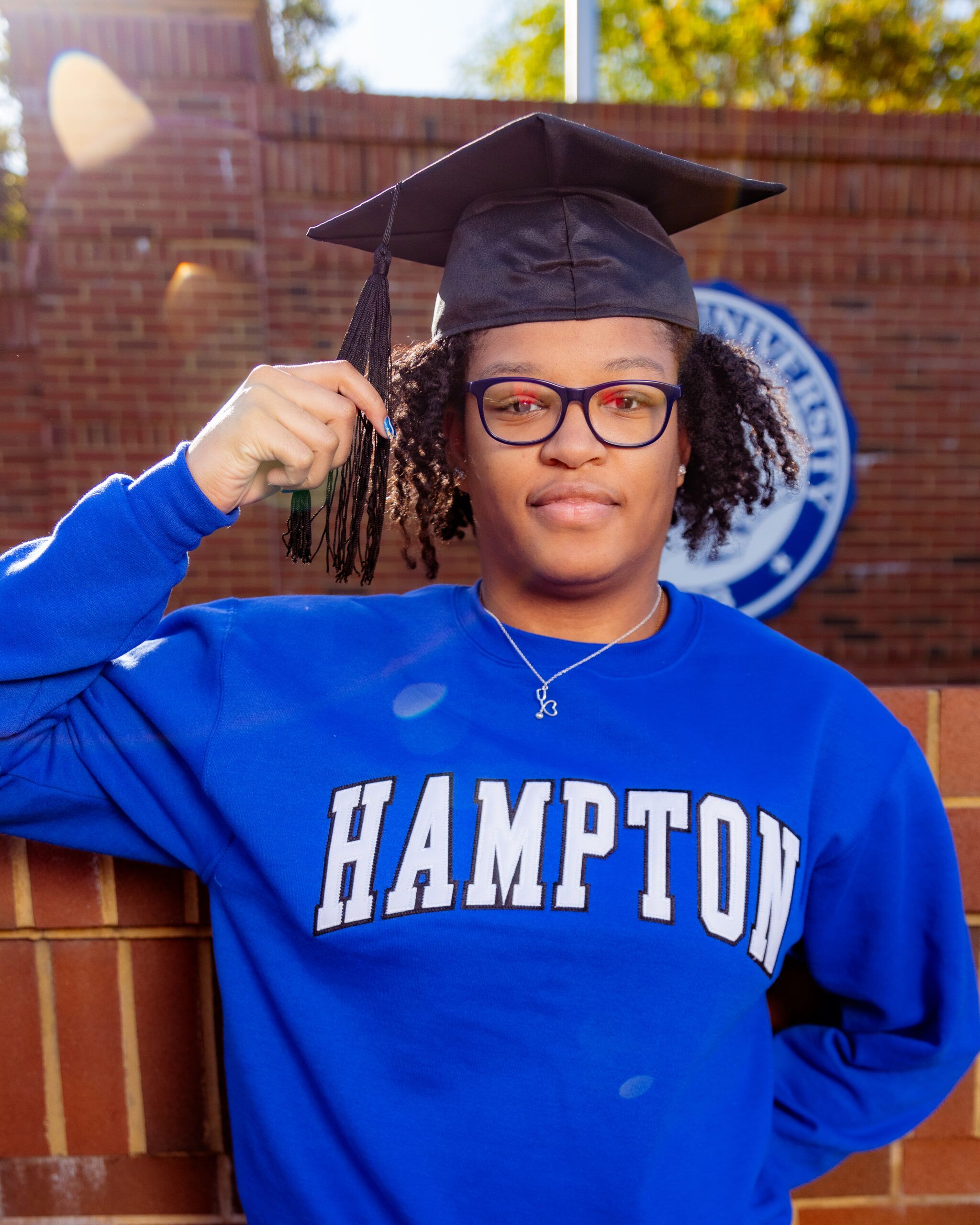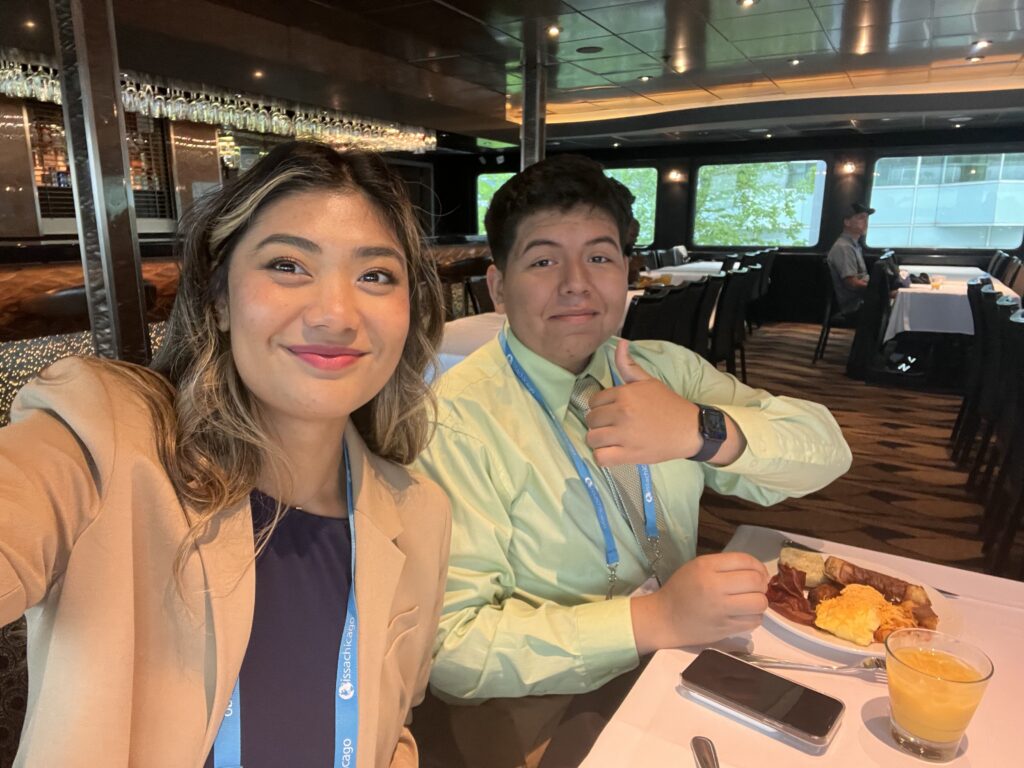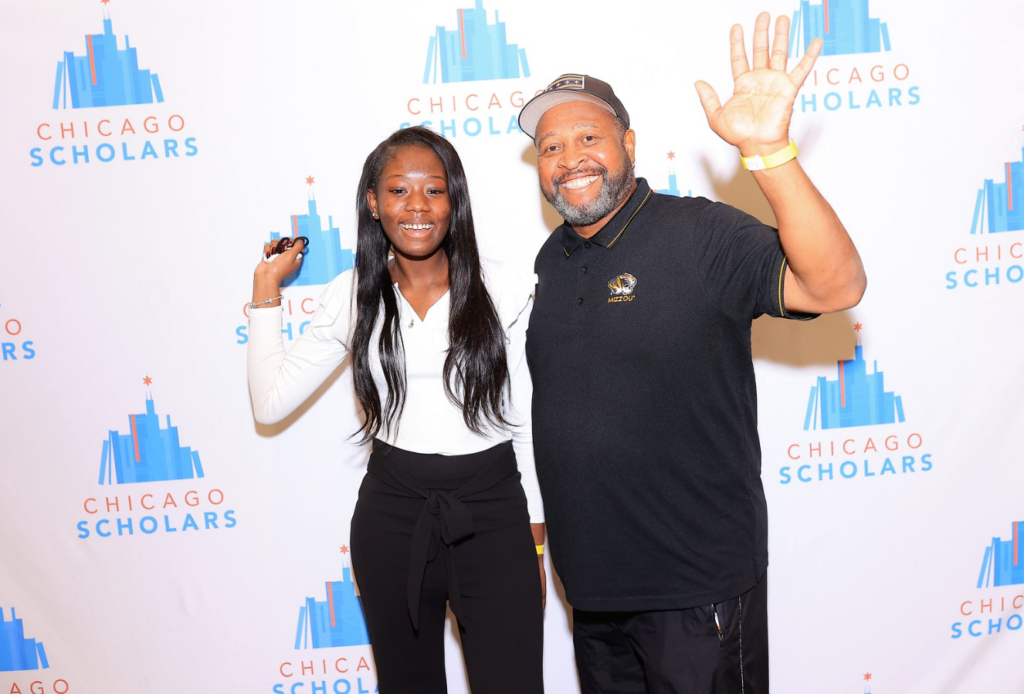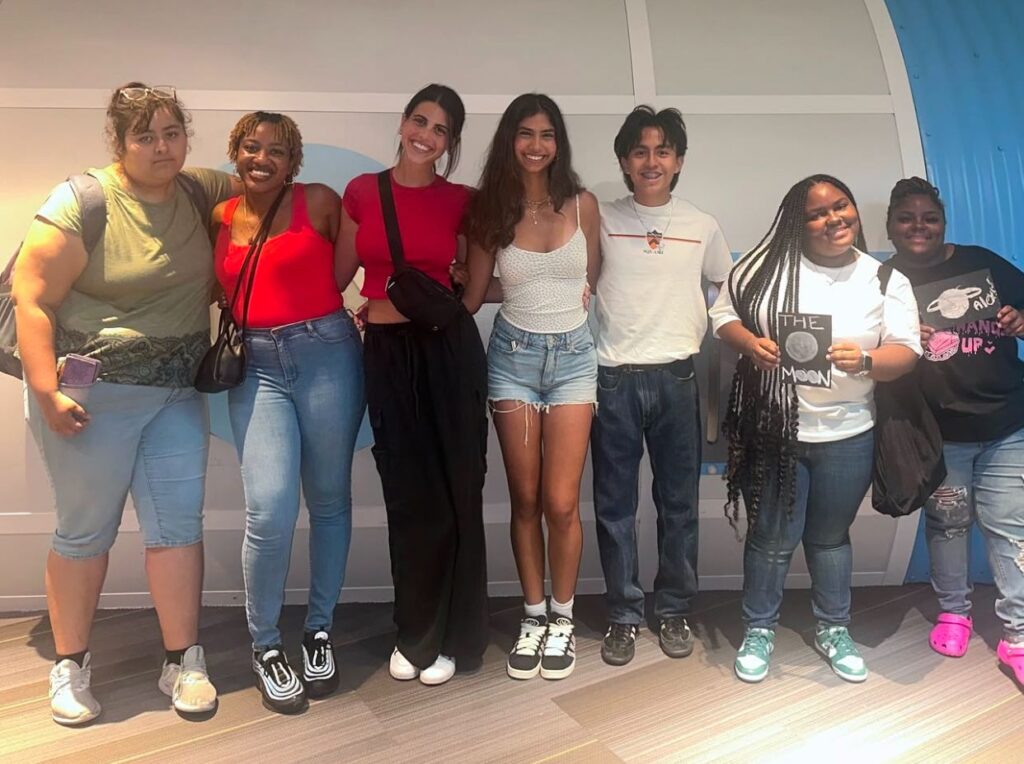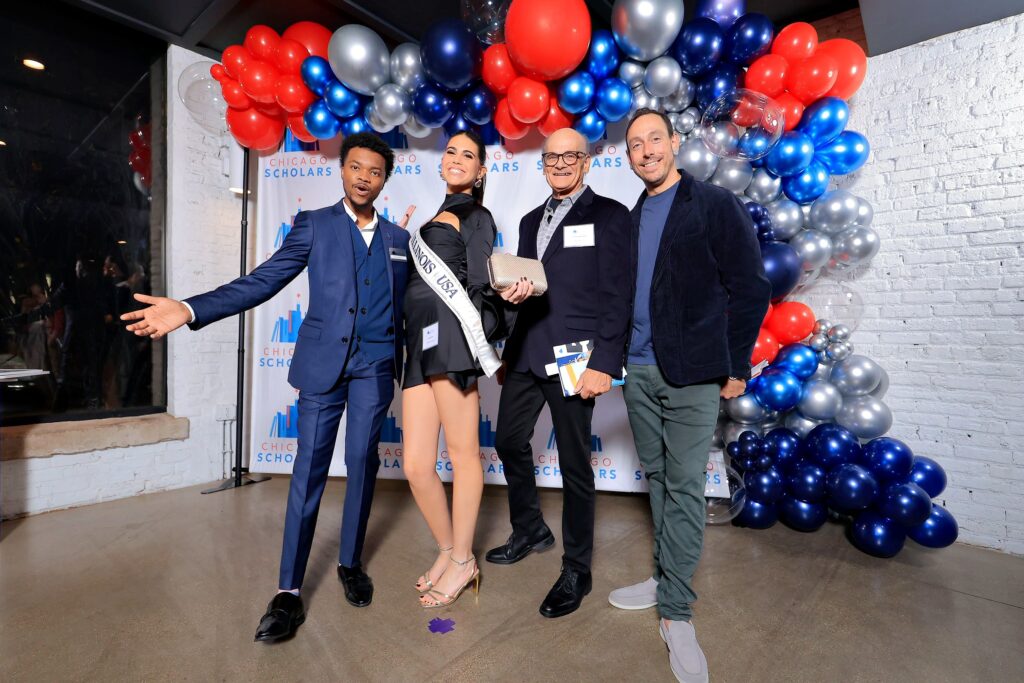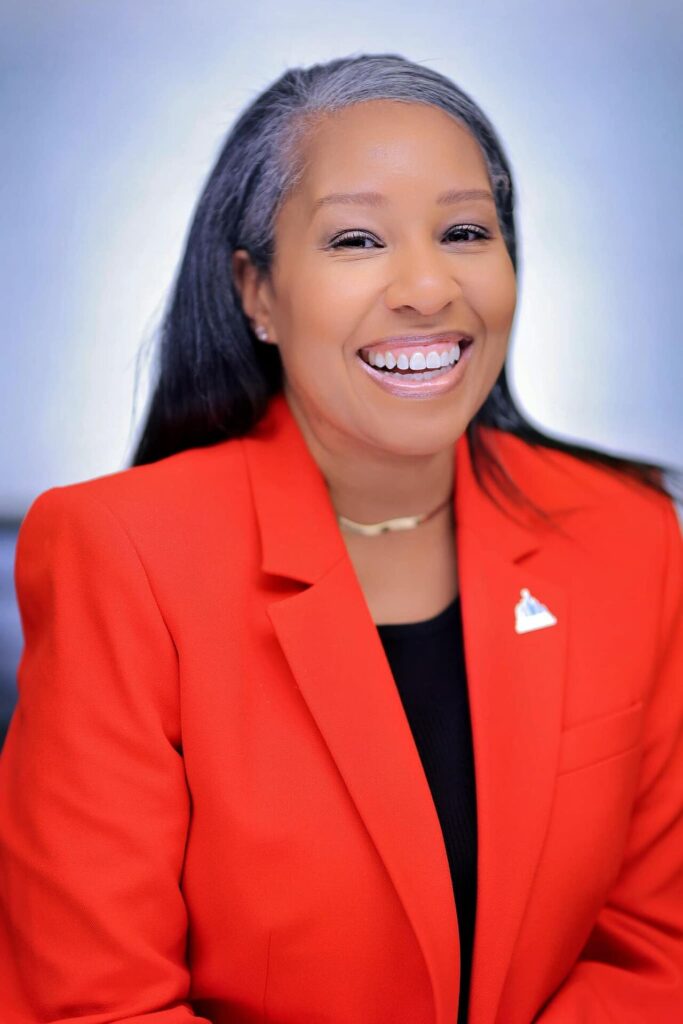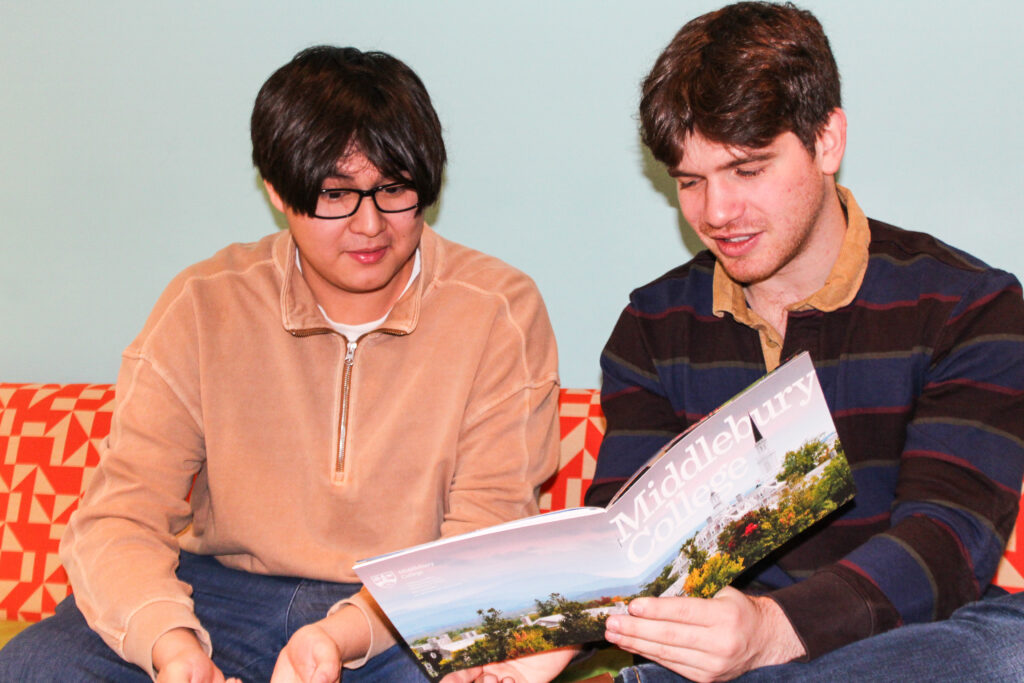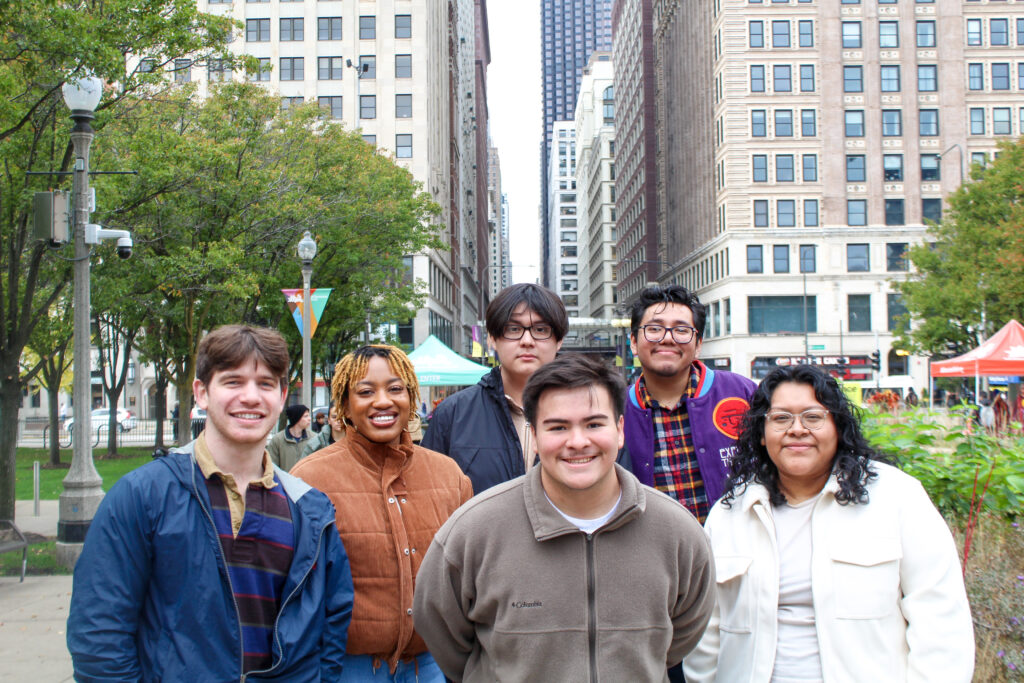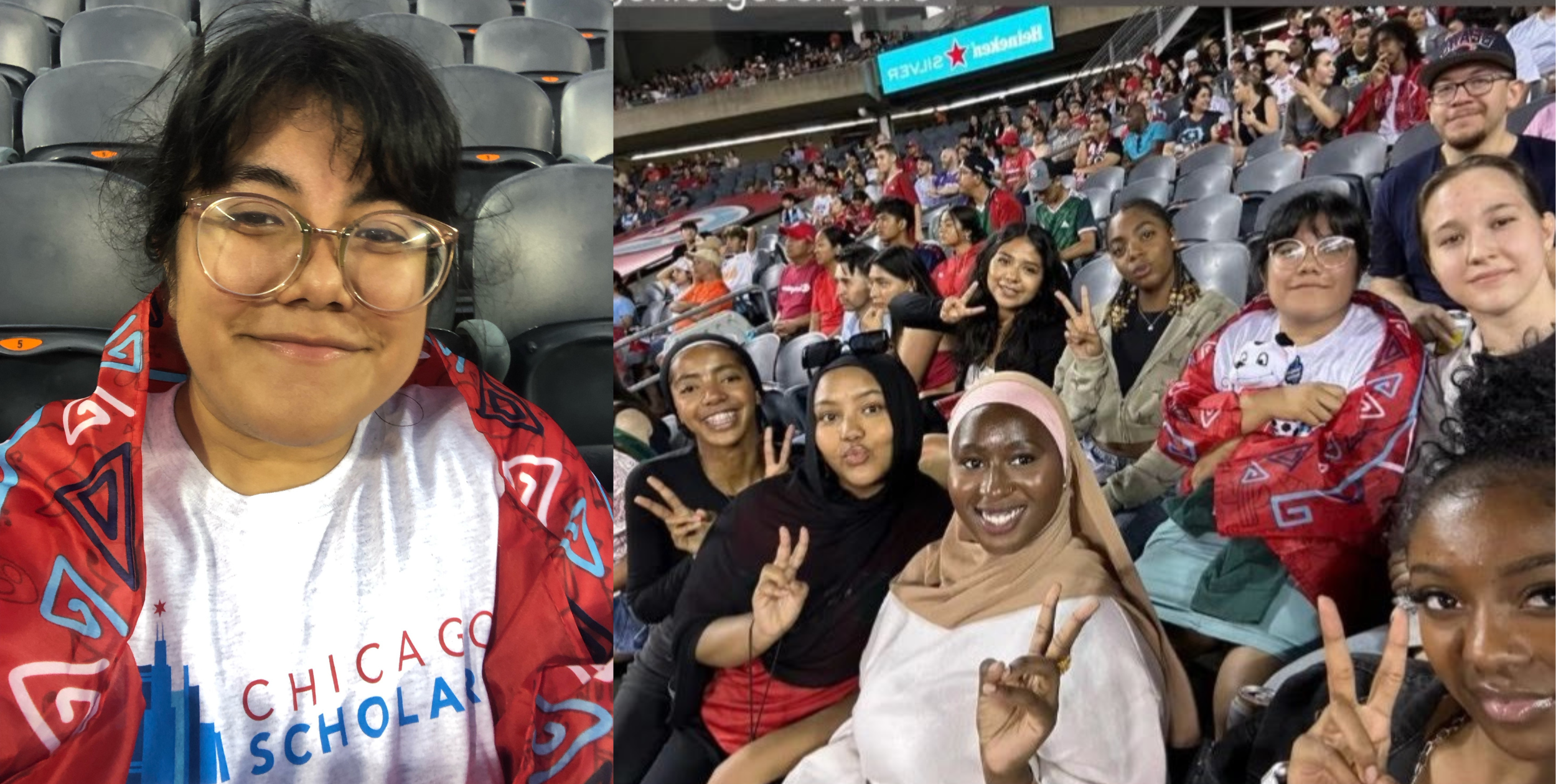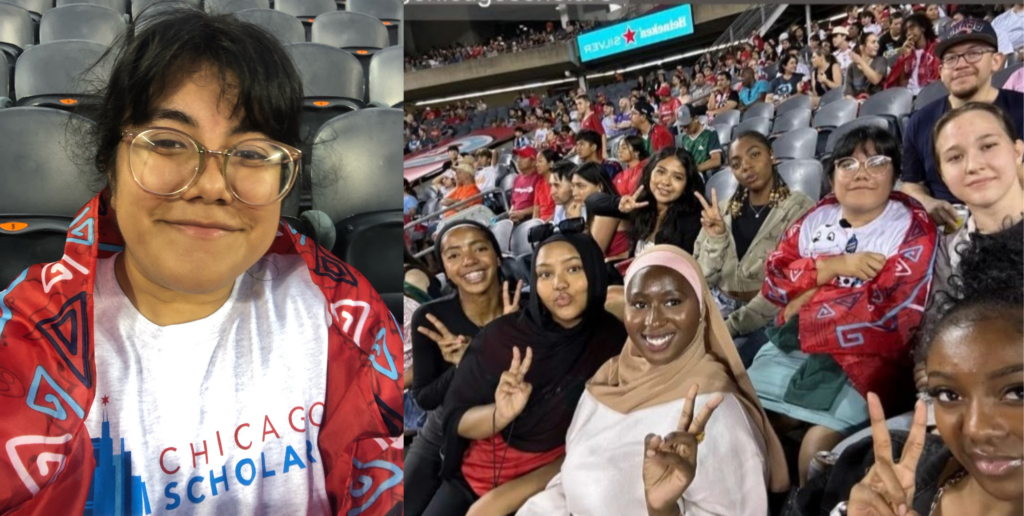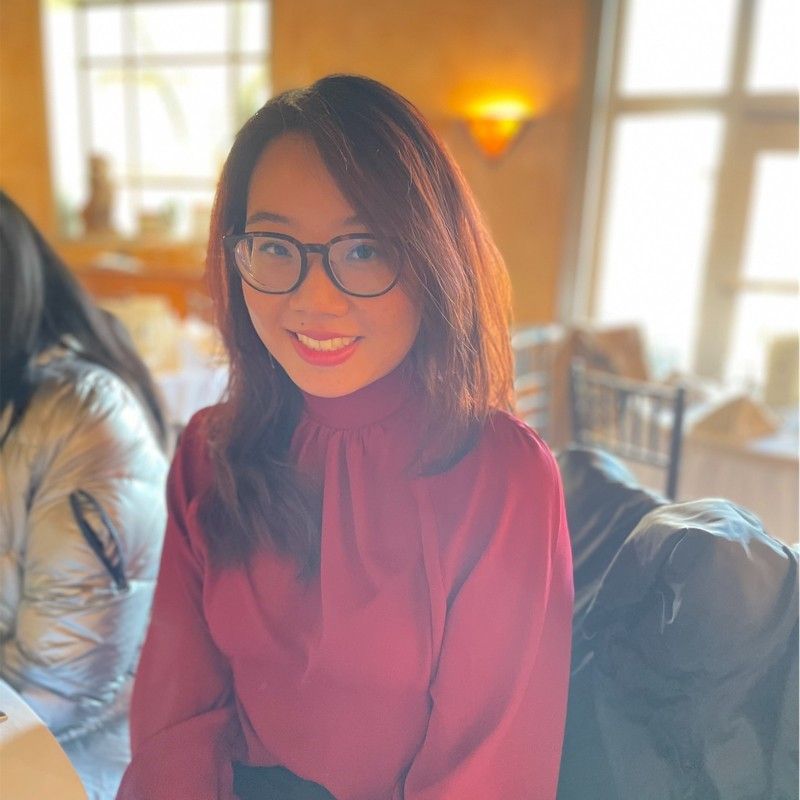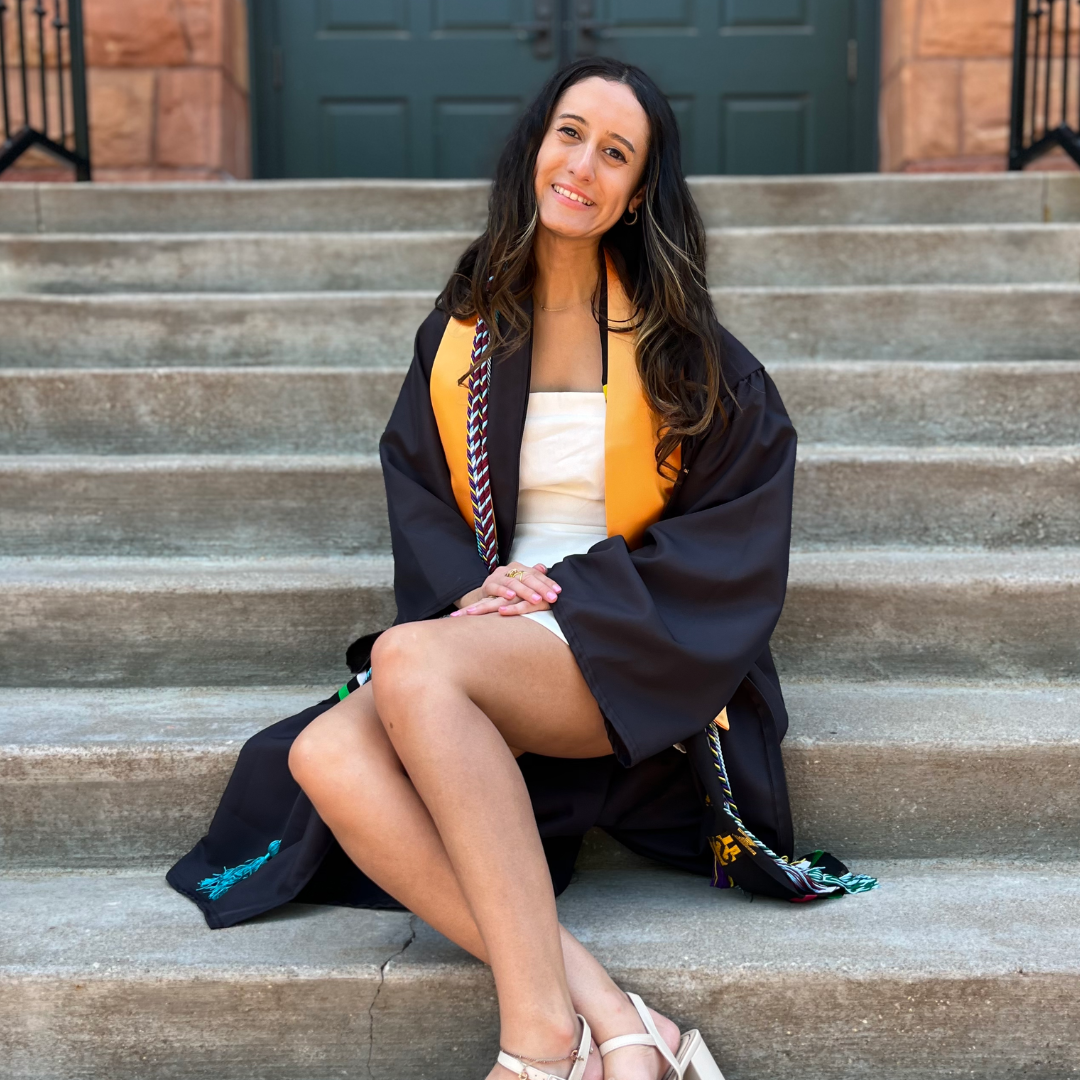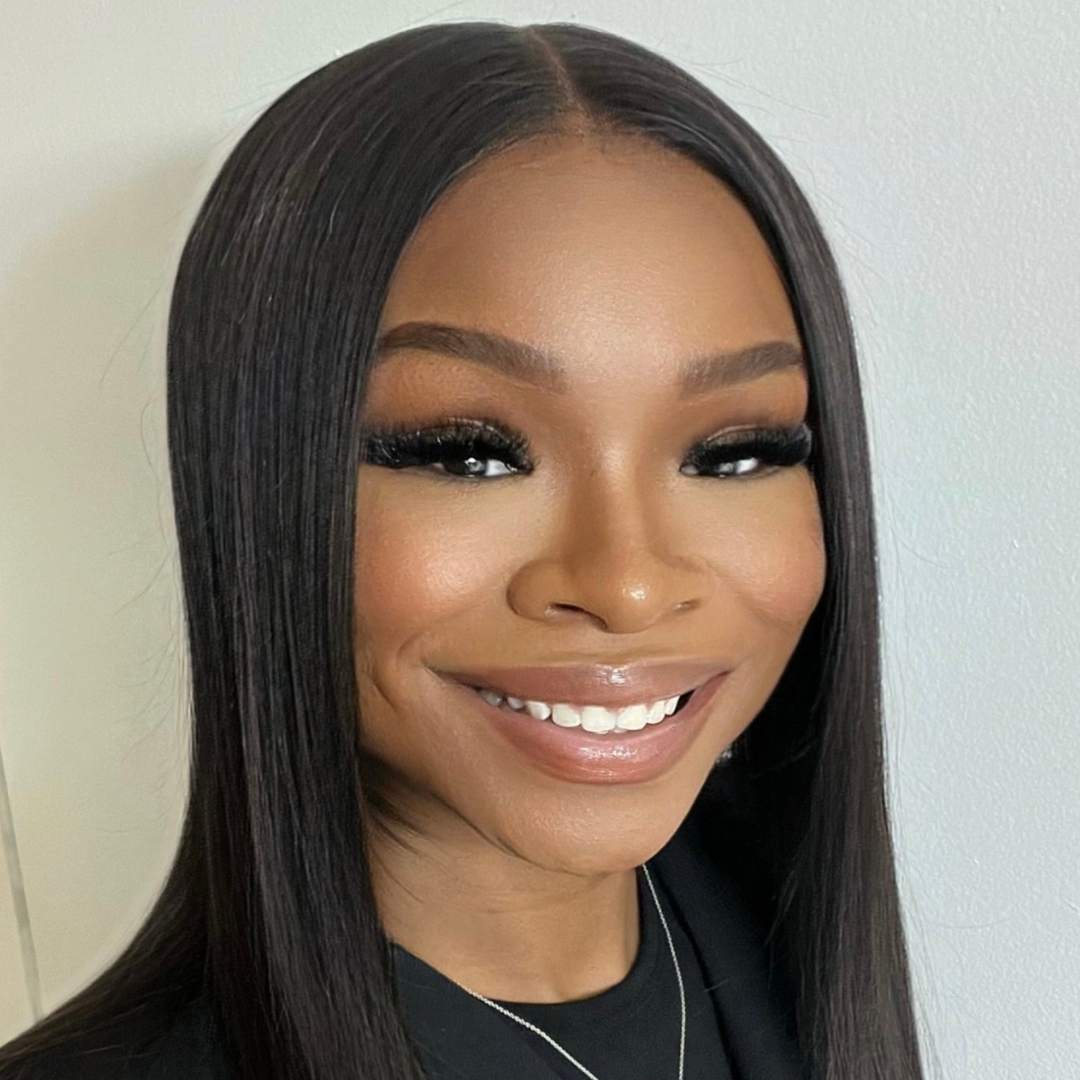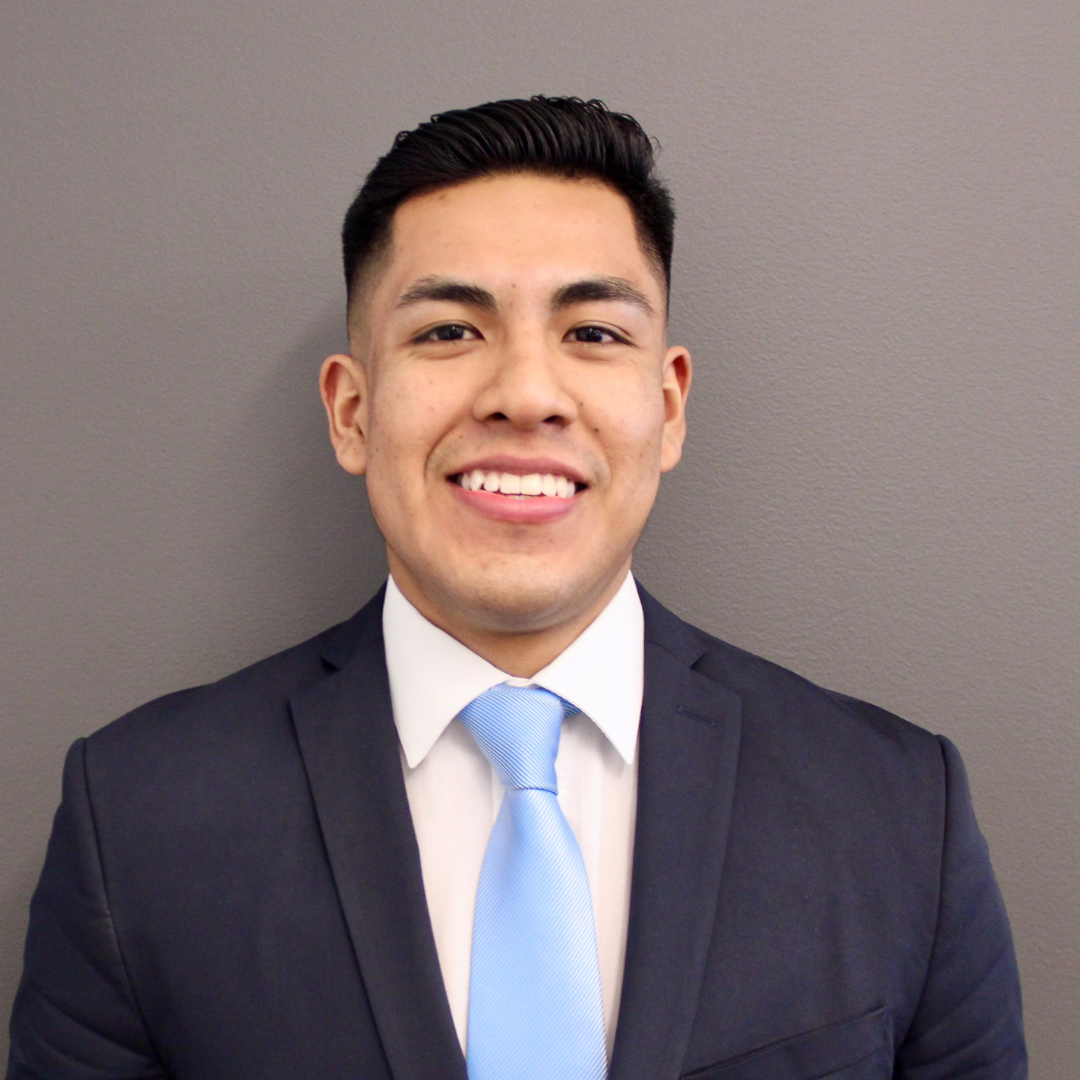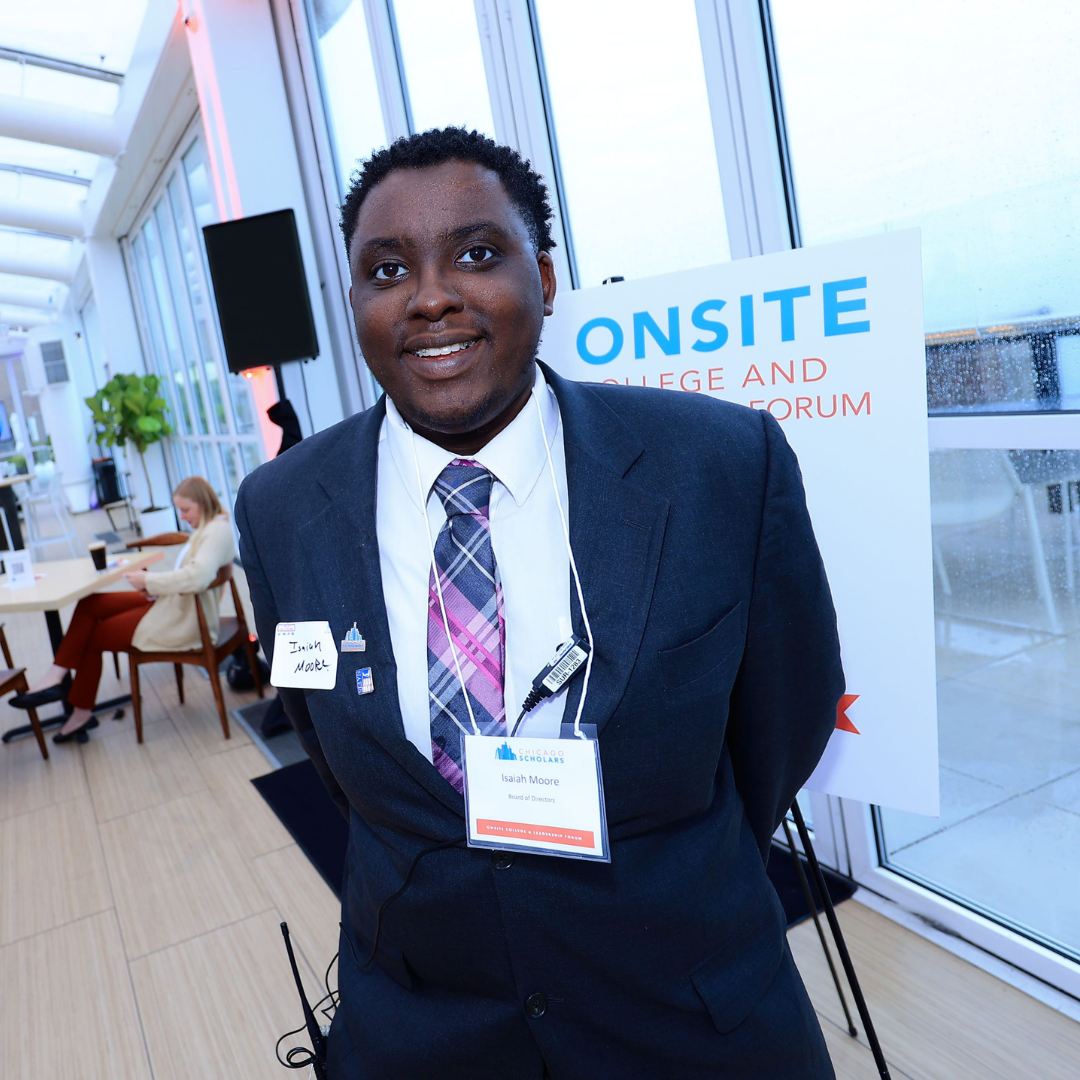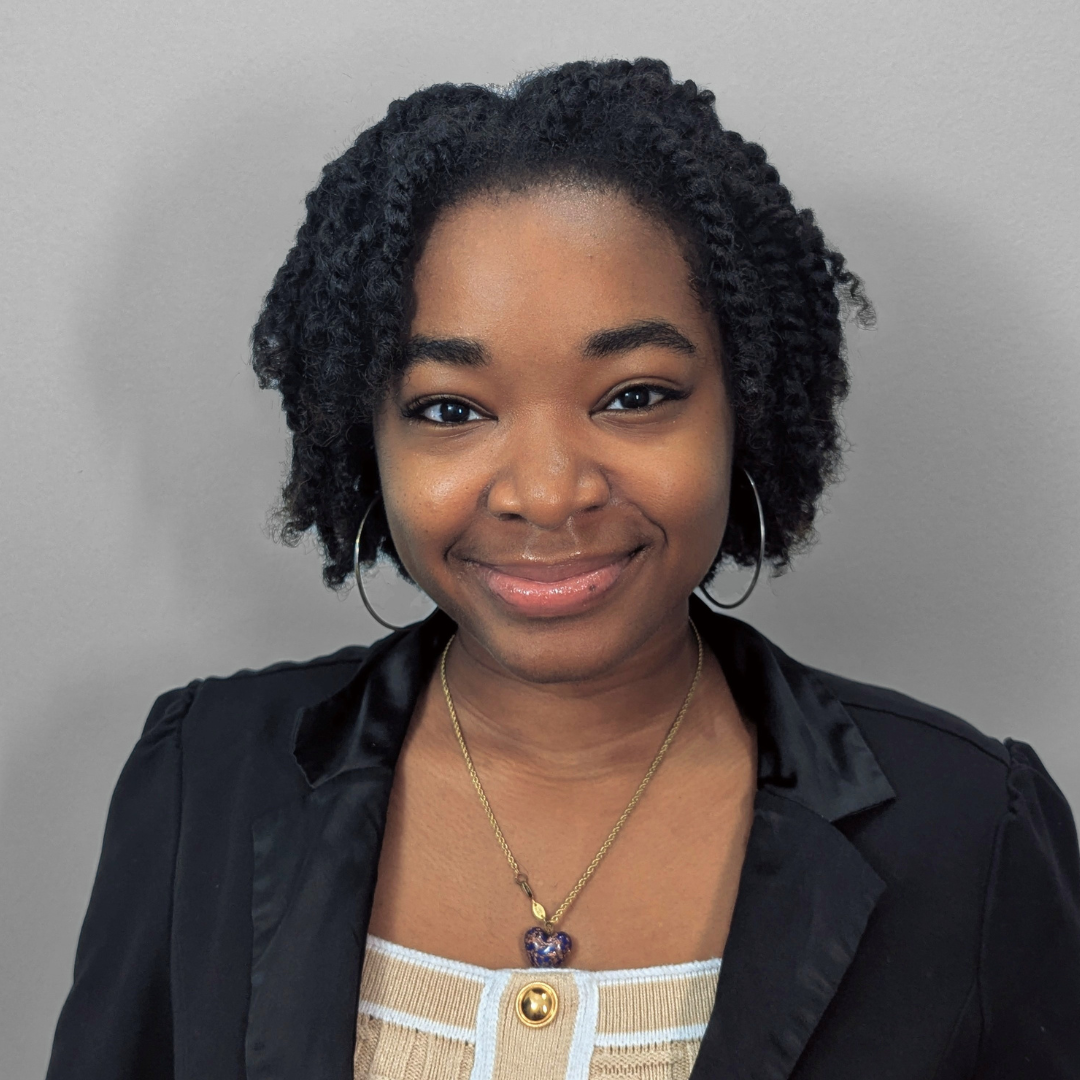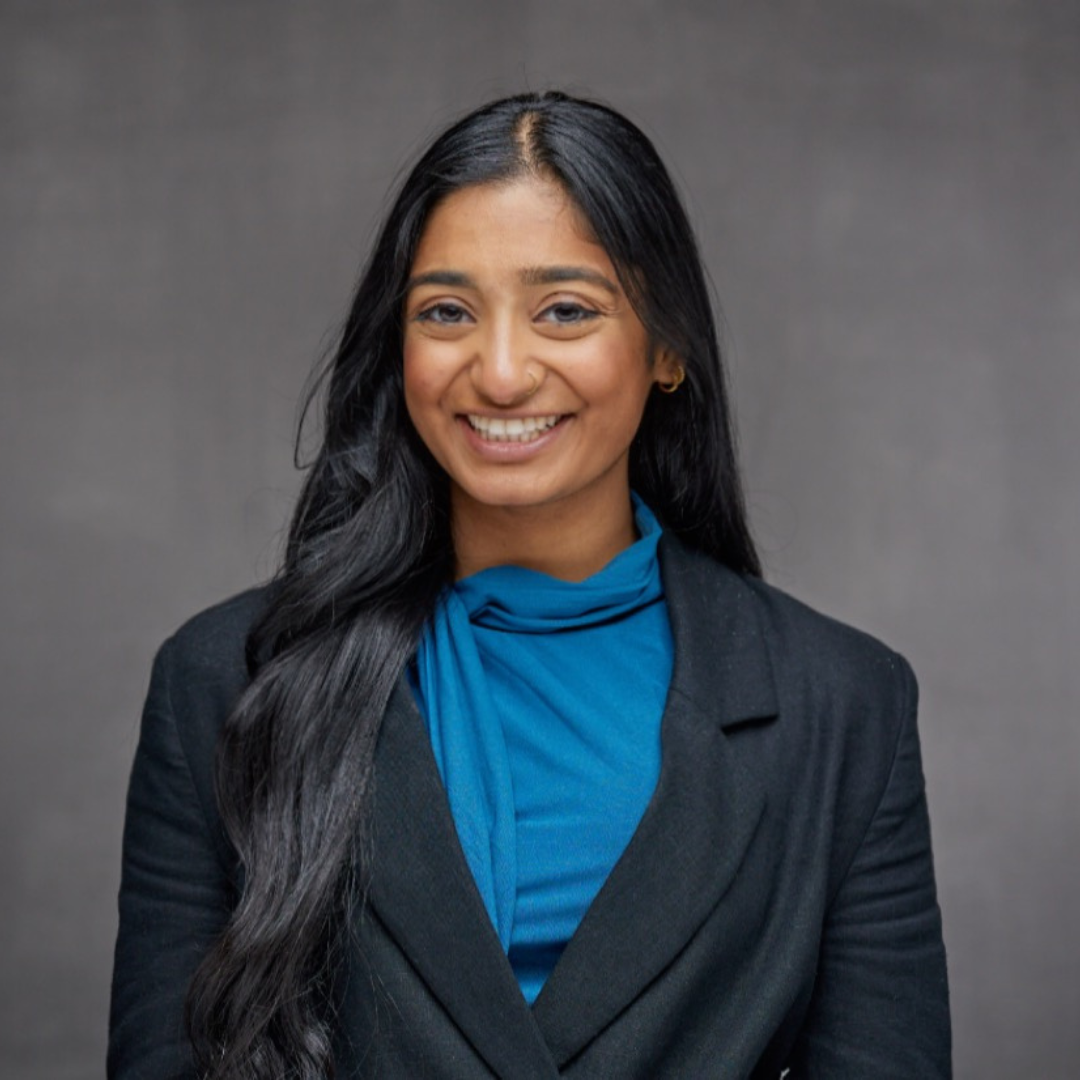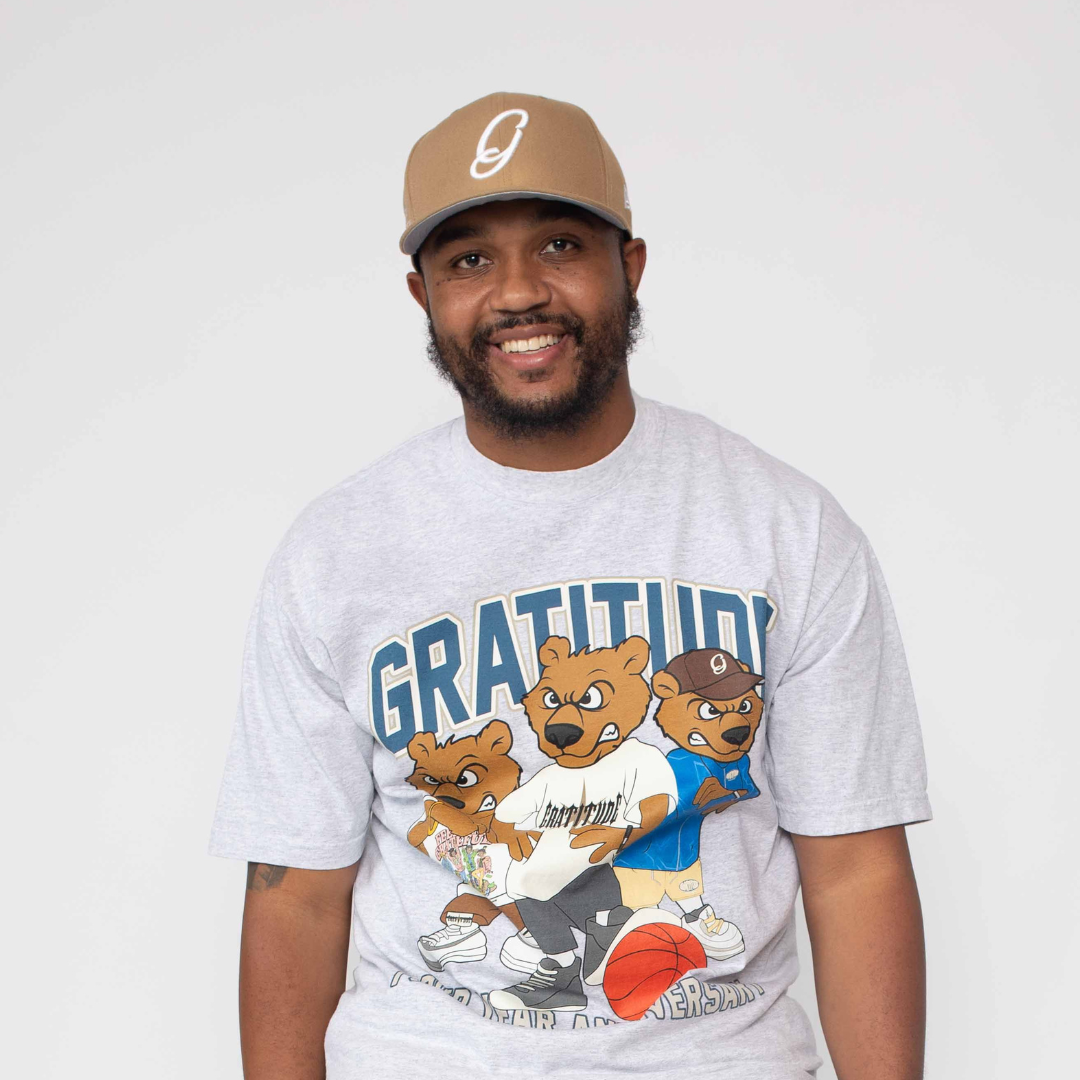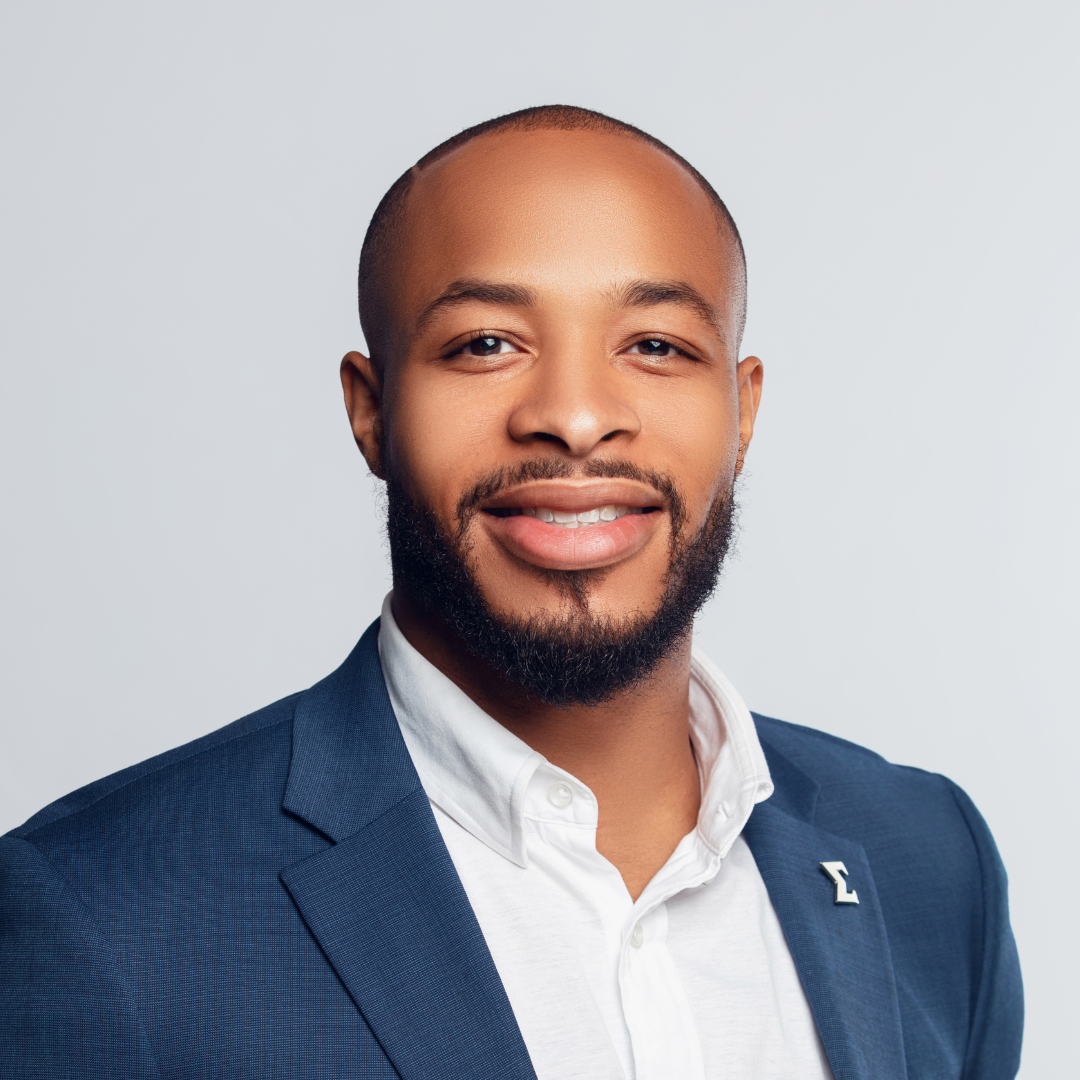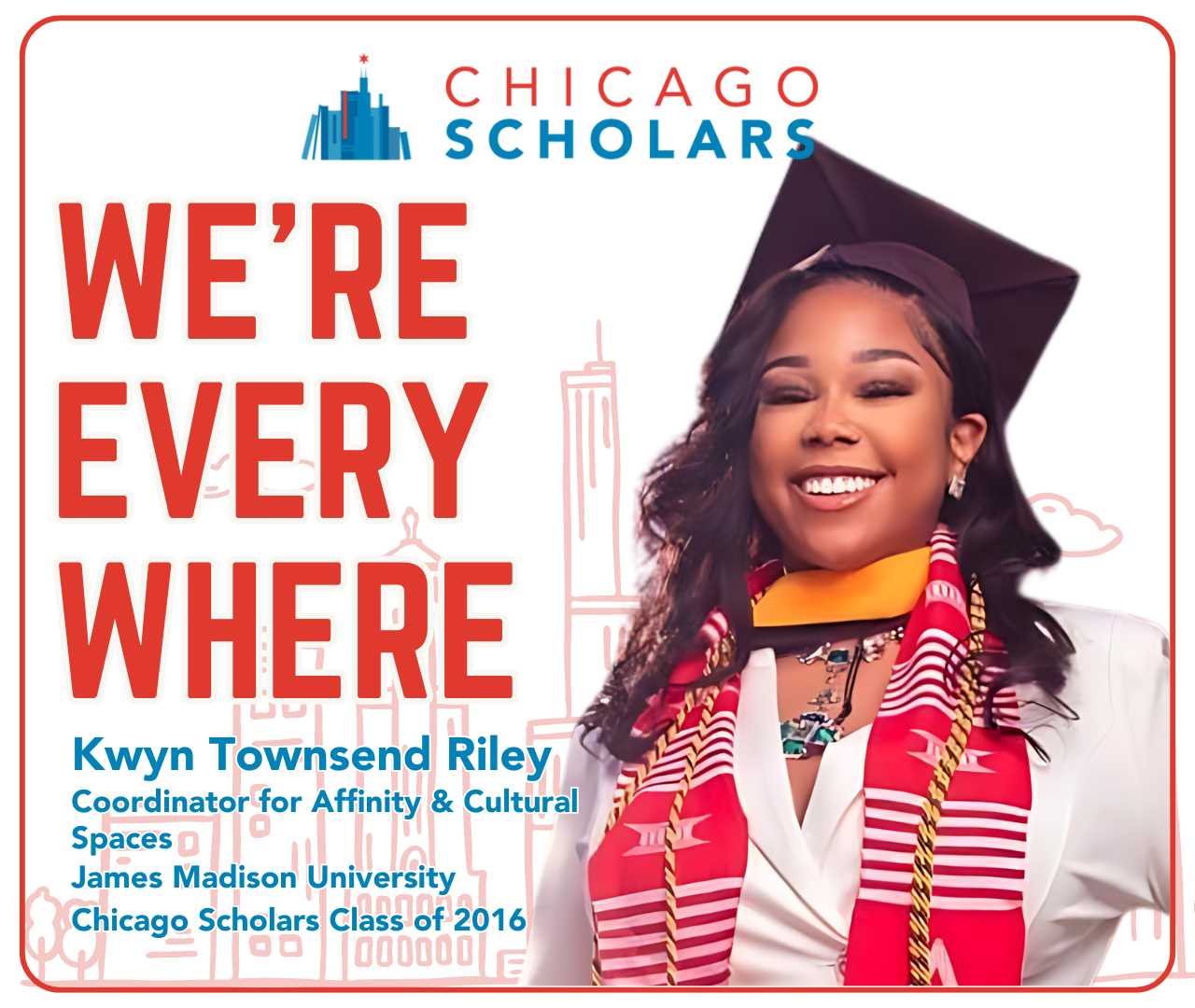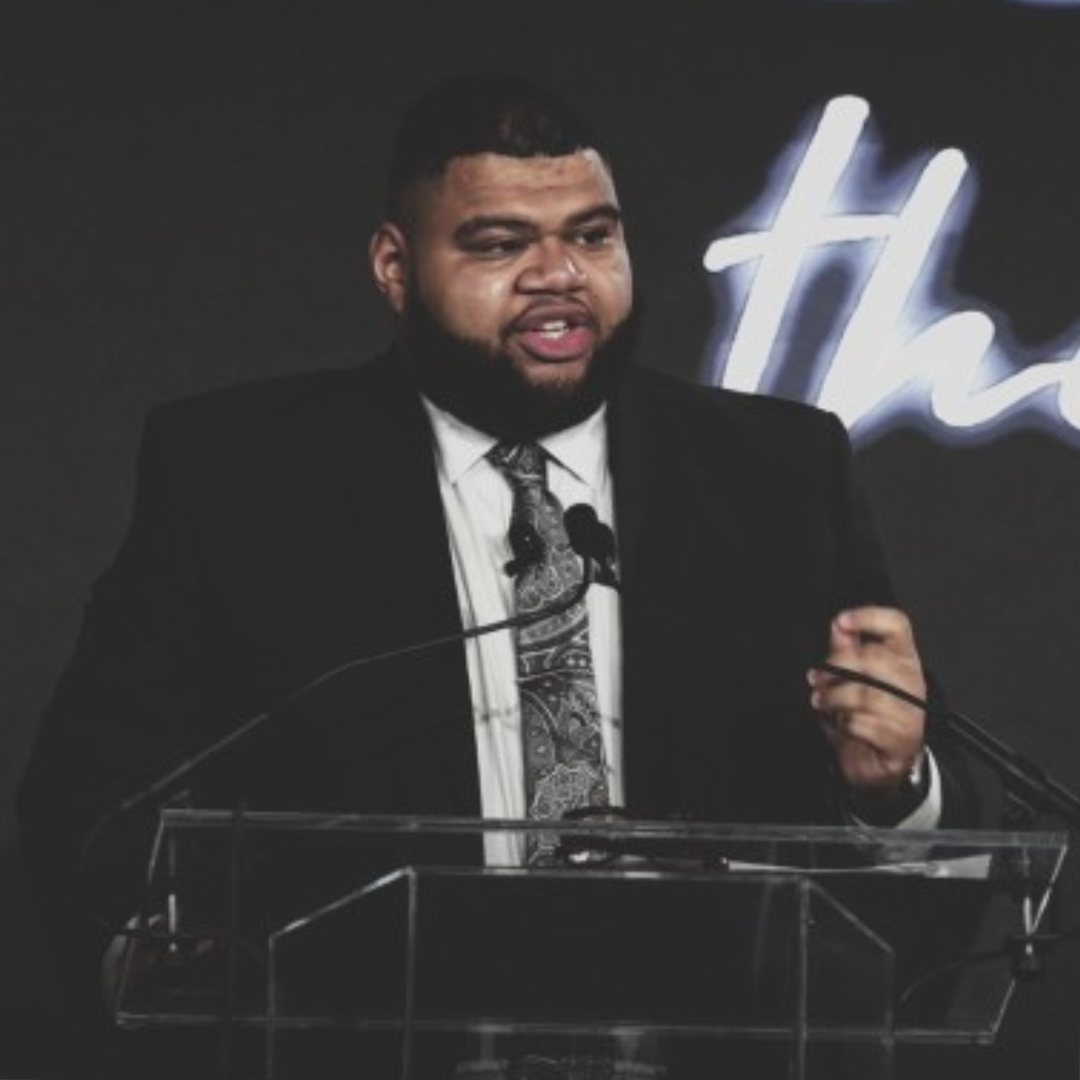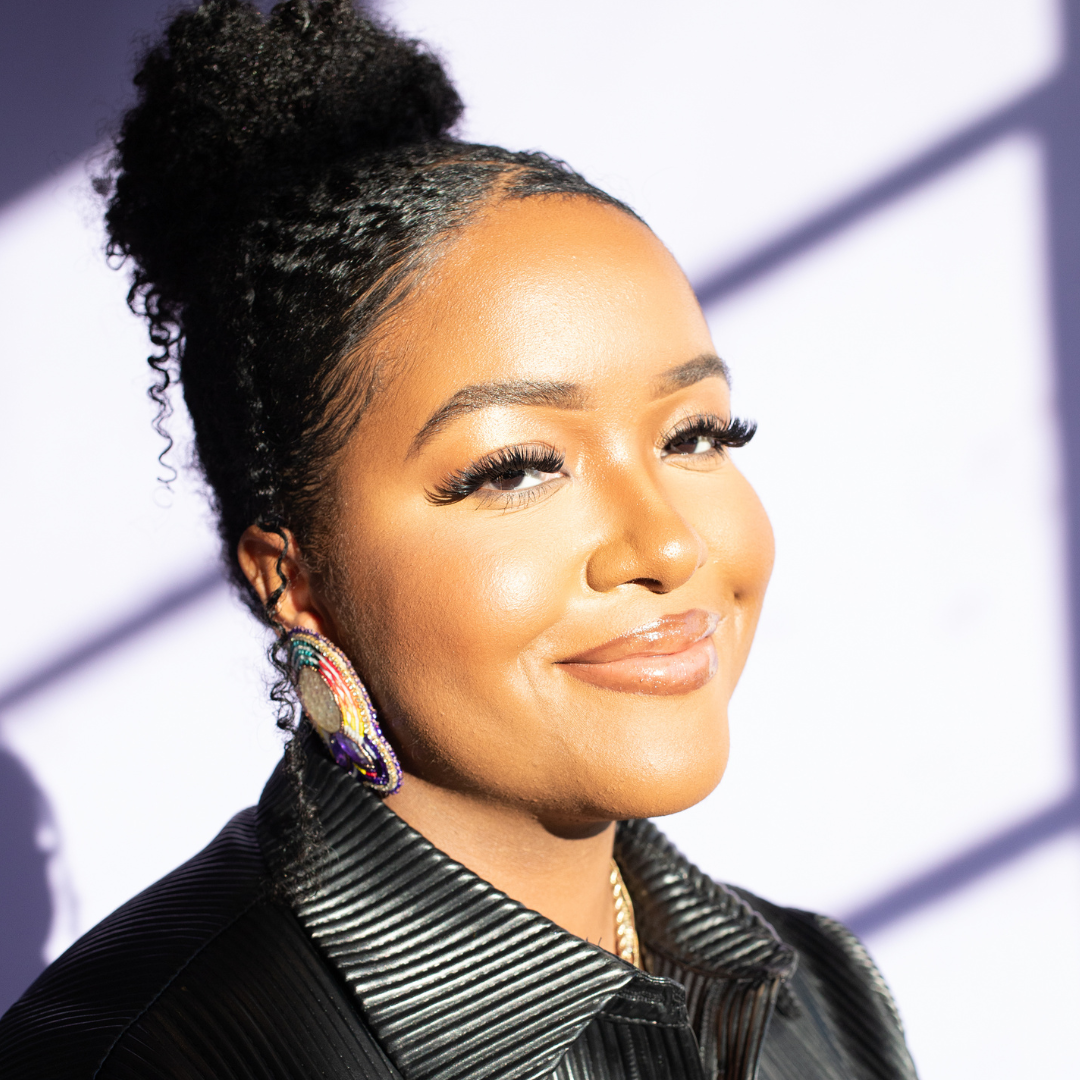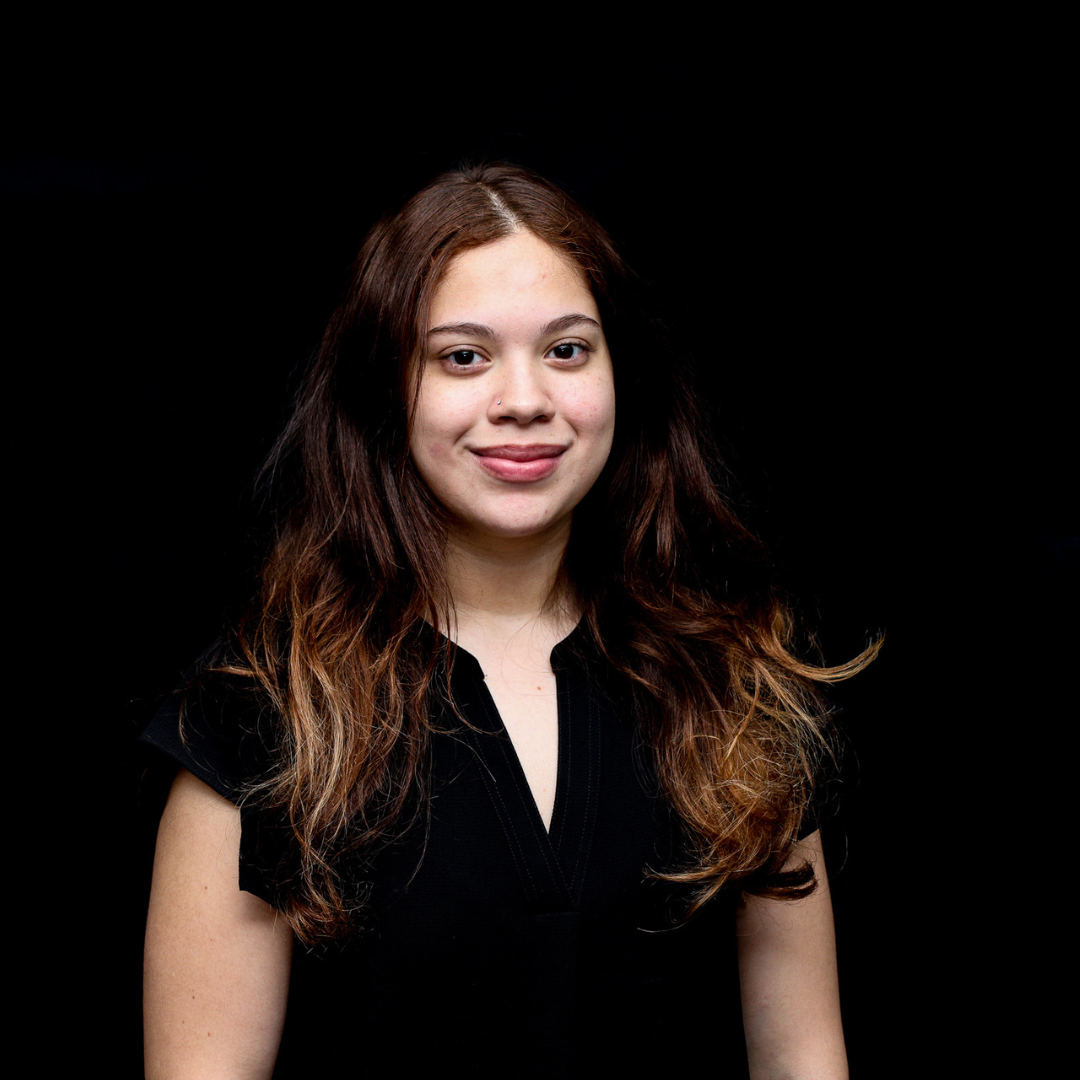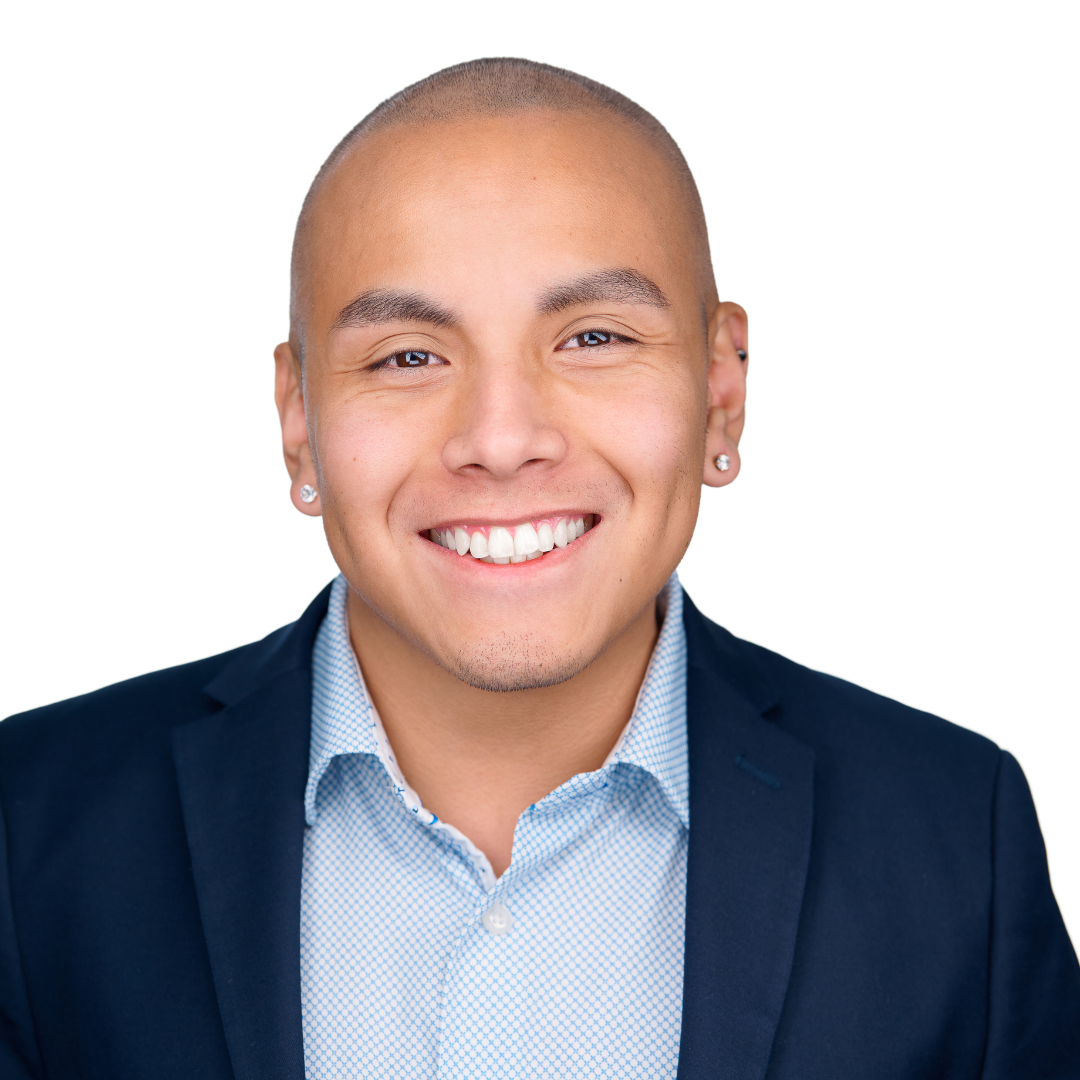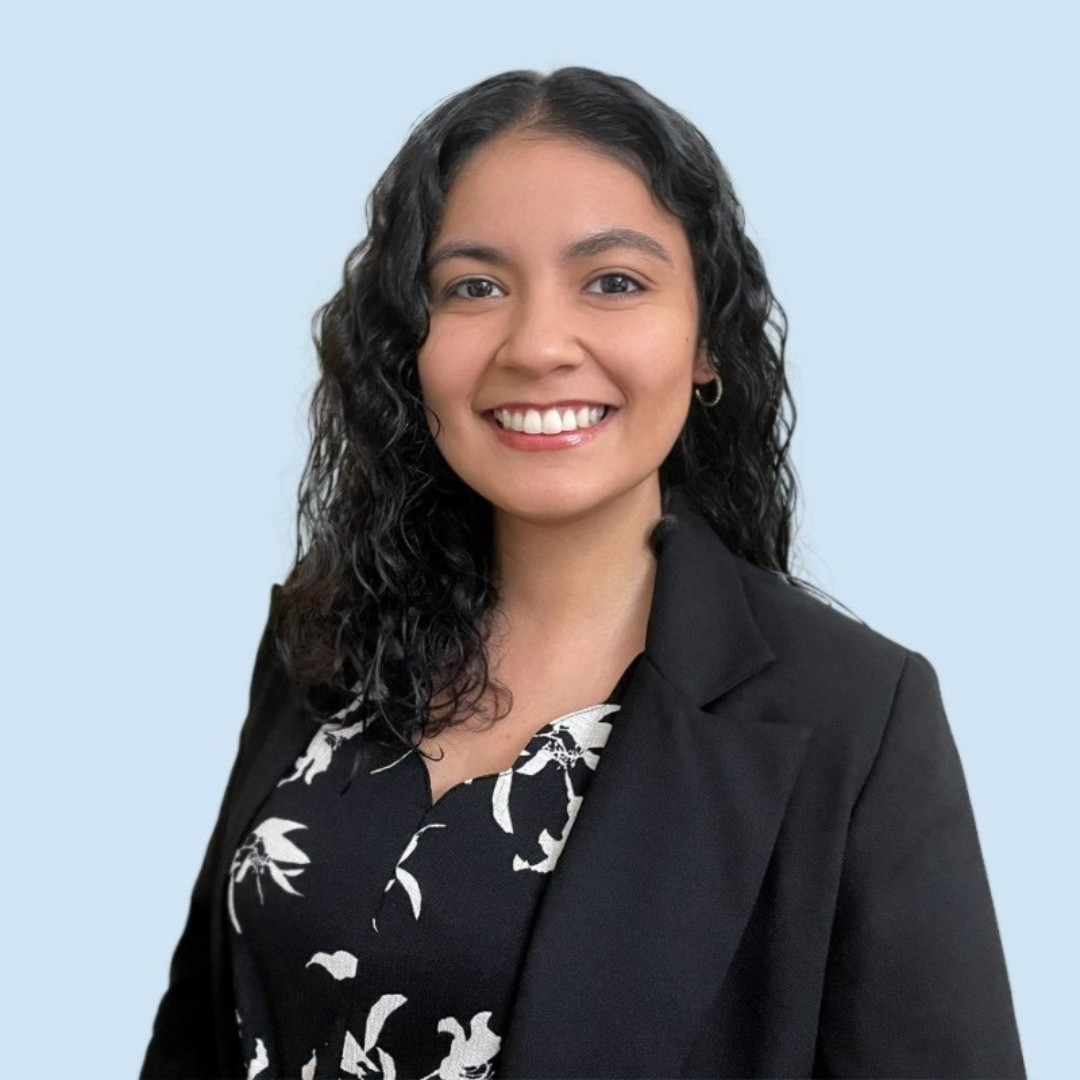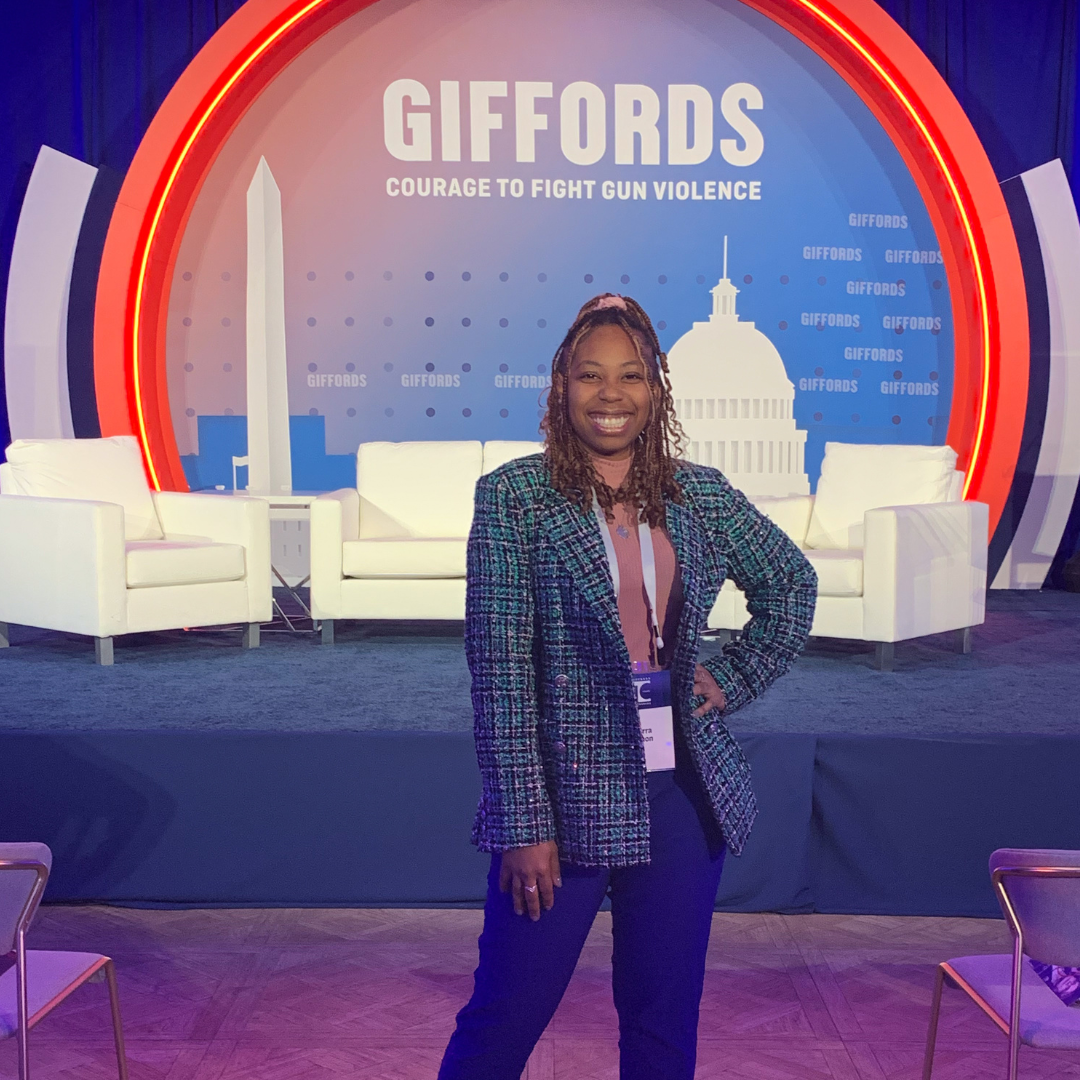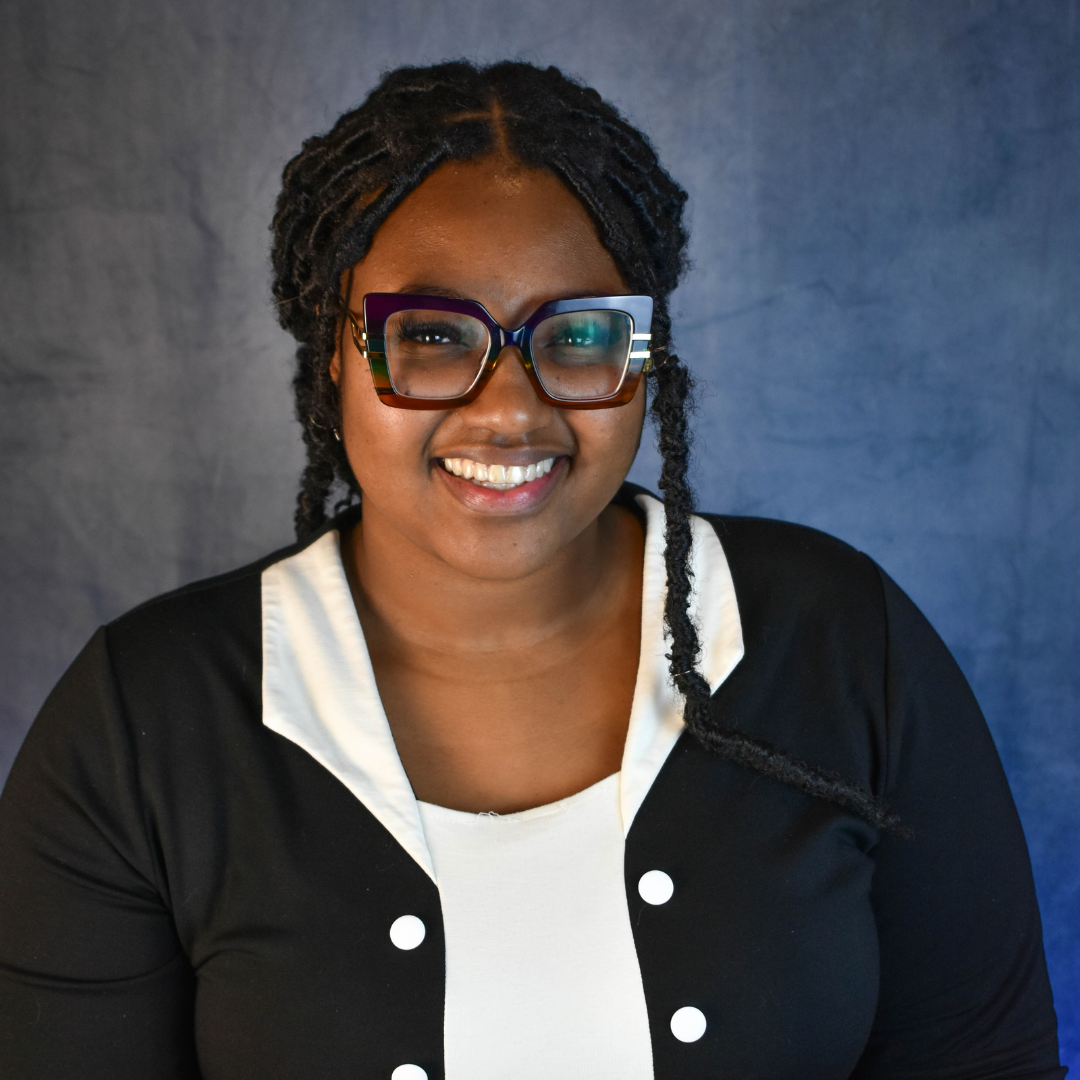We’re In Chicago: Heaven Wade
What brought you back to Chicago Scholars?
I came back to Chicago Scholars because it is an organization that genuinely cares for and cultivates a positive, less stressful college process for first-generation and low-income students. Chicago Scholars played a huge role in my transition from high school to college, and I can’t help but want to give back. In today’s world, the college application process can feel like a maze, with new hurdles popping up at every turn. I saw it firsthand when my younger sister applied last year, despite my guidance, it was still overwhelming. I remembered how Chicago Scholars alleviated much of the stress and confusion for me when I was applying, and I wanted to do the same for the next generation of college students.
As a Mentor with CS, what does it mean to you to be shaping the future of the organization?
Returning as a mentor has been an amazing experience. Since my time as a Scholar, I’ve watched Chicago Scholars grow with innovative programs and resources that help students even more than before. It feels like a full-circle moment being able to pass on the tools, mindset, and confidence that Chicago Scholars gave me, and seeing those same sparks ignite in the next generation. I also felt this was the perfect time to join as a mentor and help shape the future of this organization because CS is partnering with a wide range of professional organizations to expose Scholars to different career paths. As a PhD candidate in Integrated Biomedical Science, I believe it’s important to show Scholars that they can go far in their educational journey. Even though we’re first-generation and low-income, the possibilities for our future careers are truly endless.
What is it like interacting with current Scholars as an Alumni and a Mentor?
I love connecting with current Scholars. As an alumna, I believe my presence gives them an added sense of comfort and reassurance, knowing I was once in their shoes. They can see firsthand that the resources and opportunities provided by Chicago Scholars make a lasting difference—not only during their undergraduate years, but throughout their lives. Once a CS Scholar, always a CS Scholar.
How has your view of Chicago Scholars changed in your capacity as a Mentor?
My role as a mentor has deepened my appreciation and respect for the hard work and dedication of the Chicago Scholars staff and team. The organization is a dynamic, collaborative network that constantly strives to create opportunities and make the college process smoother and more accessible for students across the Chicagoland area.
What was your experience like as a Scholar?
As a first-generation college student, I entered the process with little knowledge of what to expect or how to navigate it. Chicago Scholars provided me with both the blueprint and a supportive community I could turn to for guidance at any step. Because of them, I applied to over 20 schools, ultimately choosing Denison University, a Platinum Partner at the time. My Chicago Scholars community became my family away from home. That foundation made my leap from Chicago to an out-of-state campus not only possible but successful.
What advice do you have for current Scholars?
Be a sponge and absorb as much information as you can, and learn from everyone you meet. Even if a situation doesn’t seem relevant now, it may become valuable in the future. The most successful people are lifelong learners.
What do you wish people knew about Chicago Scholars and the city of Chicago?
Chicago Scholars, like the city itself, is a vibrant, interconnected family from diverse backgrounds, speaking different languages, and pursuing a wide range of passions that is woven together into a network that’s always within reach. It’s the kind of community where you’re only one phone call away from finding the exact person who can help you. And just like Chicago, when life gets tough, your Scholars family shows up for you every single time.
Is there a piece of professional advice you would like to give your fellow Alumni?
Always maintain connections with past employers, teachers, and mentors because you never know when a conversation from years ago might open the door to your future. Keep your resume and LinkedIn profile updated at all times; you never know who’s watching or what opportunities might come your way simply because you’ve communicated your goals, experiences, and achievements effectively.
